
Monday, 07 March
International Women's Day 2022
"I will not have my life narrowed down. I will not bow down to somebody else’s whim or to someone else’s ignorance."
– bell hooks
Image: Kelly Oliver in Concert
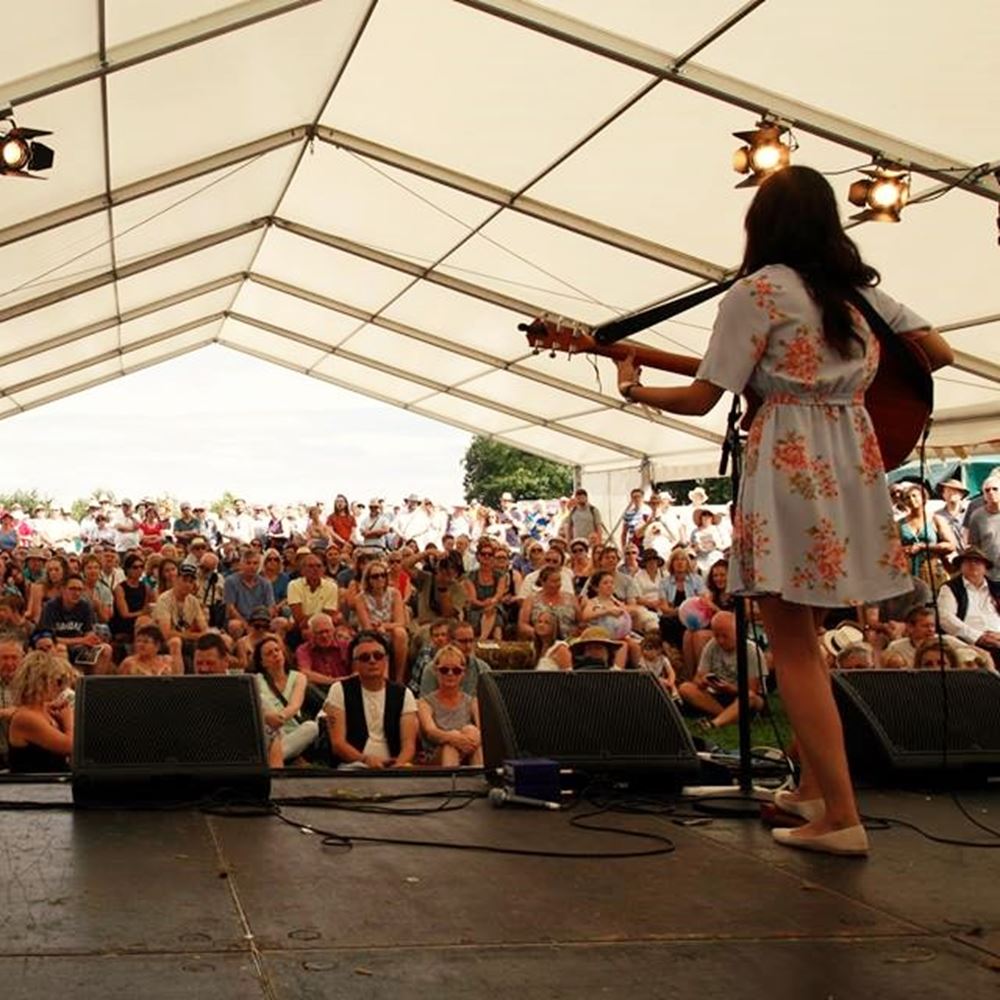
International Women’s Day is celebrated each year in order to shed light on and raise awareness of the commitment to women’s equality. It is also a moment to celebrate women’s achievements and to launch new initiatives and actions. Live & Local is marking this day by taking a look at women’s equality in the arts in general and within our organisation.
In the UK, 64% of undergraduates and 65% of postgraduates in creative arts and design are women, but 68% of the artists represented at top London commercial galleries are men.
– Freelands Foundation
Image: Daisy Chapman & Sue Lord in Concert
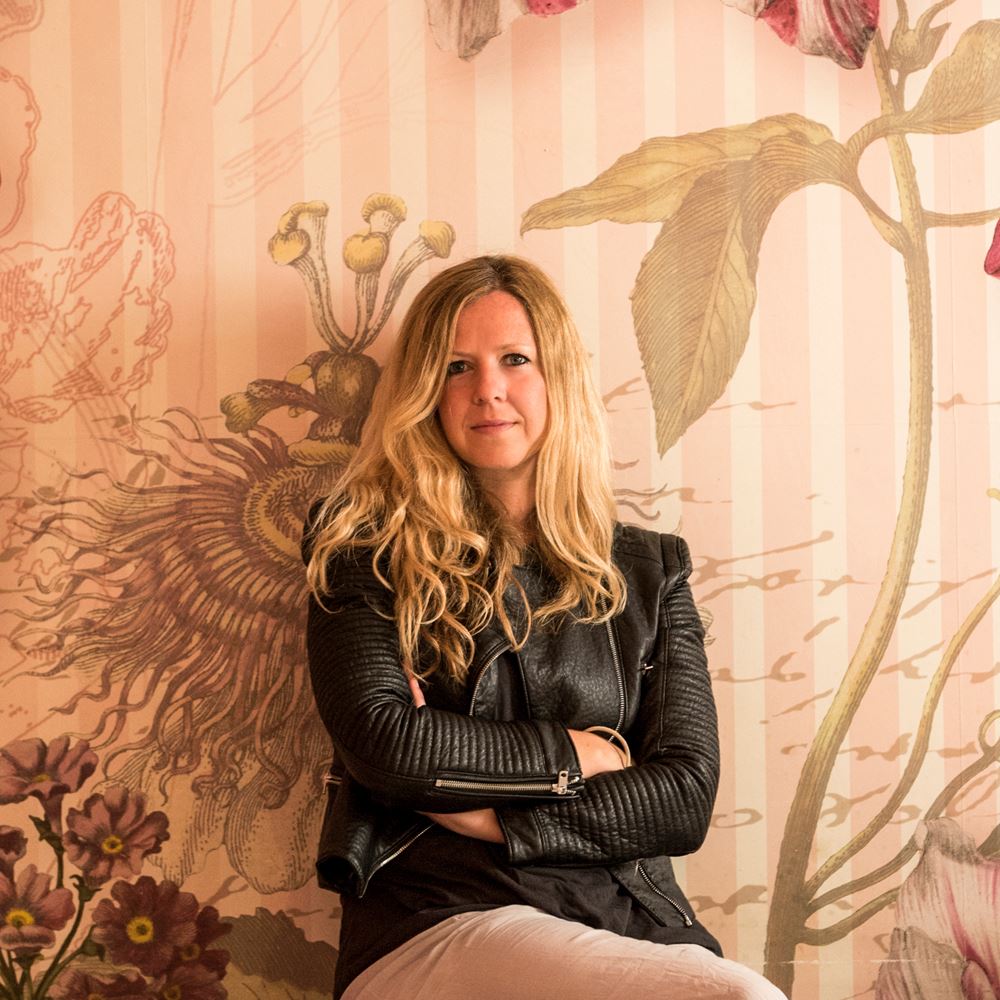
The theatre industry in the UK revealed sustained levels of inequality for women as well. In fact, it’s expected the pandemic will or has already worsened the situation for women: in 2019-2020, twice as many women as men working in the performing arts say they have changed their work role due to caring responsibilities. The inequalities stretch further than that; women are continually underrepresented in theatre and film. To give some examples, in 2018, only 14% of prime-time TV was written by women, in 2017, only 10% of theatre critics were female, and one report from 2021 found that 72% of female performers felt they had to look a certain way in order to get a role compared to 28% of their male counterparts.
"I started at Equity in 1971 and I’m fighting the same battles now as I faced then. It is endemic that women are under more scrutiny and are seen as not quite as good. It’s the same sexism. It has improved but it hasn’t gone away."
– Maureen Beattie, President of Equity
Image: She’Koyokh in Concert
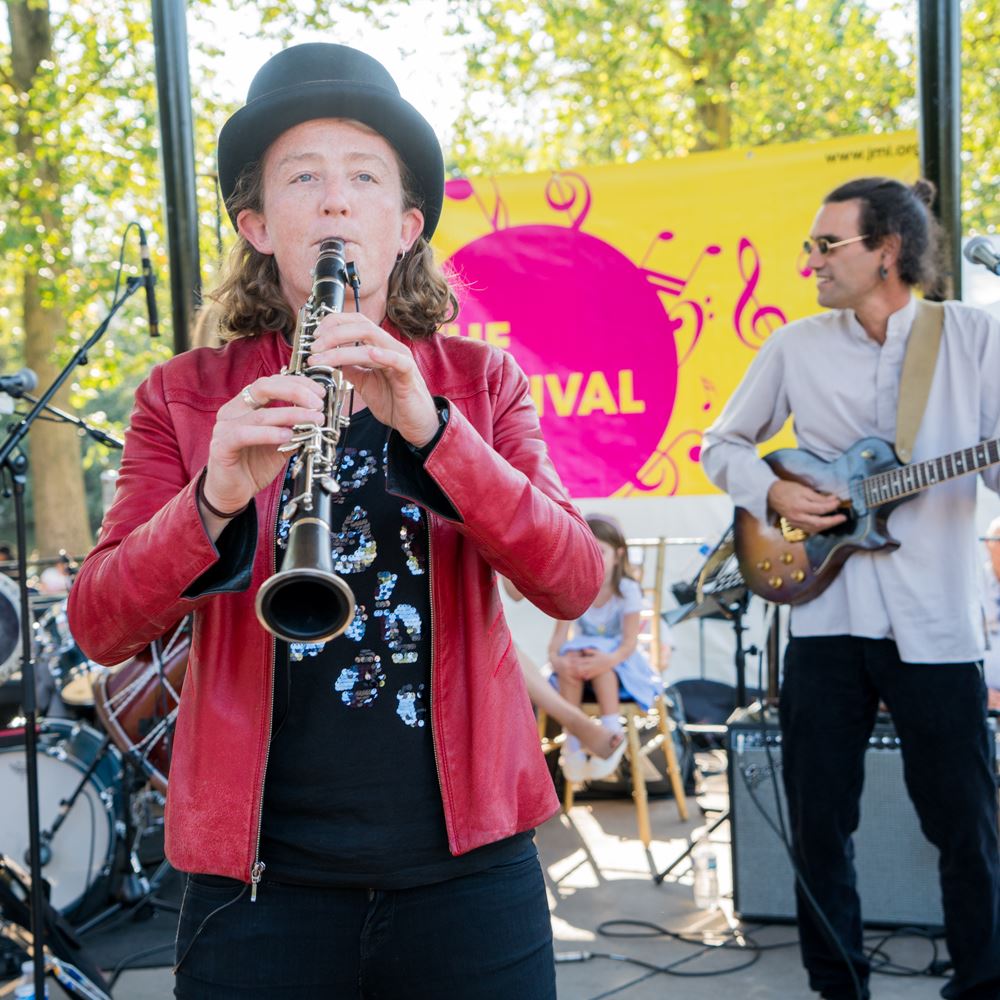
This year, International Women’s Day’s theme is to not only raise awareness of gender bias, stereotyping and discrimination, but to encourage each and every one of us to take action and call out whenever coming across bias.
Help #BreakTheBias.
Three of the most-visited museums in the world, the British Museum (est. 1753), the Louvre (est. 1793), and The Metropolitan Museum of Art (est. 1870) have never had female directors.
– National Museum of Women in the Arts
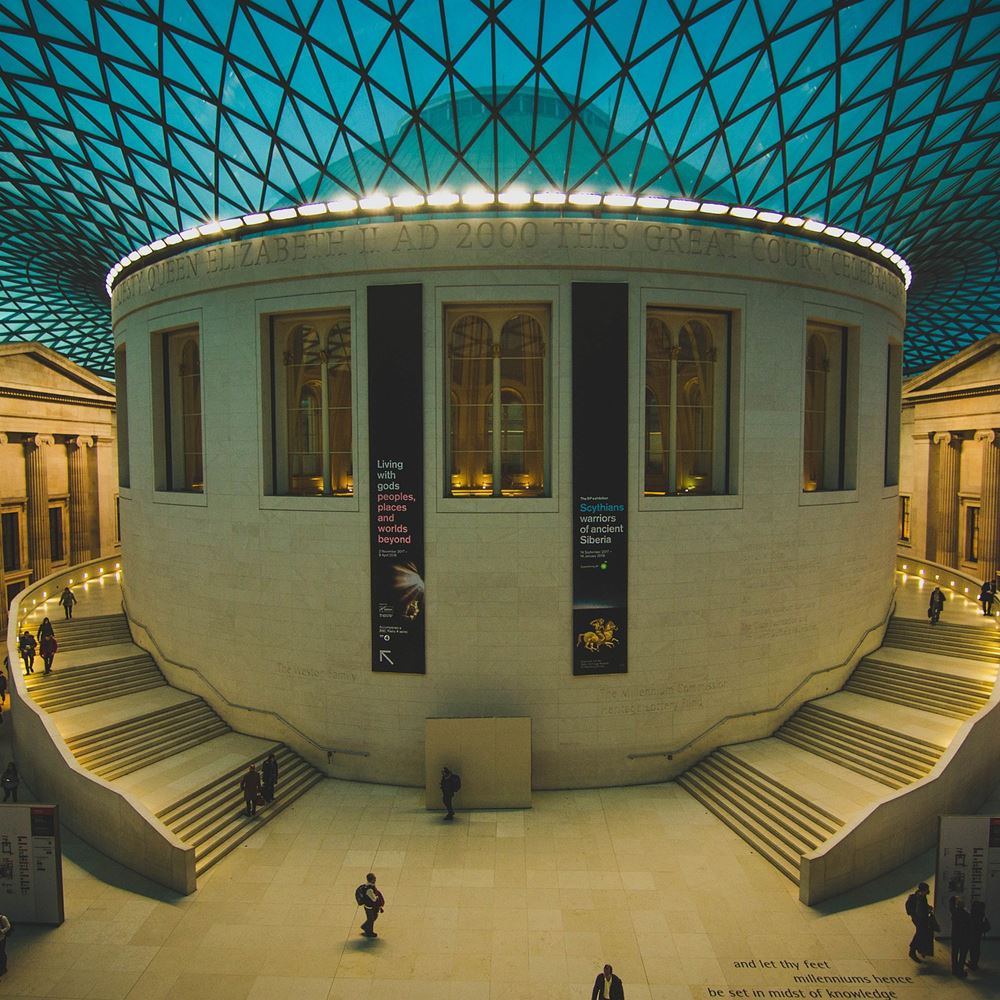
We have asked female members of Live & Local staff a few questions around International Women’s Day.
Growing up, was there ever a moment you felt disadvantaged as a woman/girl?
EMILIE LAUREN JONES: Sadly there have been many times in life where I have been treated differently due to gender. There were many occasions in school – the worst was probably sports-related: for several months the girls in our year were given free periods instead of PE classes. I loved basketball and used to go to see the Coventry Crusaders play but wasn’t allowed to play basketball at school as it was a ‘boys sport’.
In 2019, I was told I had to be accompanied by a man in order to vote at a Crown Green Bowls meeting (a sport I’d played for 22 years). After a lot of hard work, women now have the same rights as their male counterparts.
In various situations over the years, I’ve endured silly but harmful comments and attitudes (from other women as well as men). I always find the best way of dealing with them is to politely challenge then get on and do what I need to do to succeed.
Since your childhood, what has changed in terms of equal opportunities and what changes would you say still need to happen?
CONNIE WARD-ALLEN: We have made progress in the UK and there have been great steps in other countries around the world, but we’re nowhere near reaching global gender equity. I had an interesting conversation with someone recently who posed the argument that women worked during the war; they had equal opportunities then – why are we still talking about it? Despite being completely bemused, at the time, that a stranger had just come up to me and started this conversation, reflecting on it now, this only highlighted to me the need for education, both in schools, and out, in the UK. Education about Women’s rights should not start and stop at the Suffragettes.
In your opinion, what changes need to happen in the cultural sector to #BreakTheBias?
EMILIE: We need to lose the stereotypes. I was once turned down for a voice-over role and the reason given was that a male voice would add more gravitas to the topic (it was for a scientific article). If we can get rid of micro-aggressions and misconceptions around other people (often people we see as being different to us), it should have a ripple effect to the bigger issues. There also needs to be more research and understanding about things typically seen as ‘women’s issues’, in particular, women’s health (both mental and physical) as well as violence against women, including issues surrounding domestic violence/gaslighting.
How does your work help spread the word
– that it’s time to #BreakTheBias
– positive IWD messages?
CONNIE: At Live & Local there are so many inspiring women that I work with – colleagues, artists, partners, promoters. I’m lucky to be in a role that gives me the opportunity to engage with them and share the amazing work they do with our audiences.
EMILIE: A lot of my poetry workshops focus on improving people’s confidence and letting them know their voice is valid (this applies to people of all genders, not just women). I like to try to spread positivity with my words and to show people the world in a slightly different way through poetry. I believe these little acts all add up and I hope I am helping people to go out into the world with a little more confidence and a bit of self-love!
What does the idea of power mean to you? Which powerful women do you admire?
CONNIE: These are really interesting questions. I instinctively want to name some inspirational women in politics and activism – Jacinda Ardern, Malala Yousafzai – but I think there is more to it than that. ‘Power’ can take so many forms – from the bravery of a civilian mother fighting to protect her family to those making progressive steps in male-dominated career sectors; from the women protesting for rights, to those who are making it through the day; those who are defying female stereotypes and those who embrace their womanhood. The list goes on. I think a woman’s power is not determined by who she is or what she does, her place in society or material success, but by her own fight, beliefs and personal victories.
EMILIE: I hold great admiration for all women who are following their dream career and managing a family. I hate the idea that, as women, we must make choices or sacrifices, I love it when I see women who are achieving both.
I don’t think I can narrow this down to individuals, there are a lot of awesome women in the world doing amazing things. However, if you want a poetic response, nobody says it better than Maya Angelou!
What are you most proud of doing?
EMILIE: Being Coventry’s first Poet Laureate! I am fortunate to be very well supported in my career, by people of all genders, I am also very fortunate to be able to do a job that I absolutely love.
What’s your #BreakTheBias message to the world?
CONNIE: I will continue to challenge people’s opinions as much as I can to help #BreakTheBias.
Were you born a woman or did you become one?
CONNIE: I 100% think I became one. Growing up surrounded by pop culture saturated with manufactured images and ideals of women, it took me until I was older to realise what being a woman meant for me.
Our Recommendations for Further Reading and Listening:
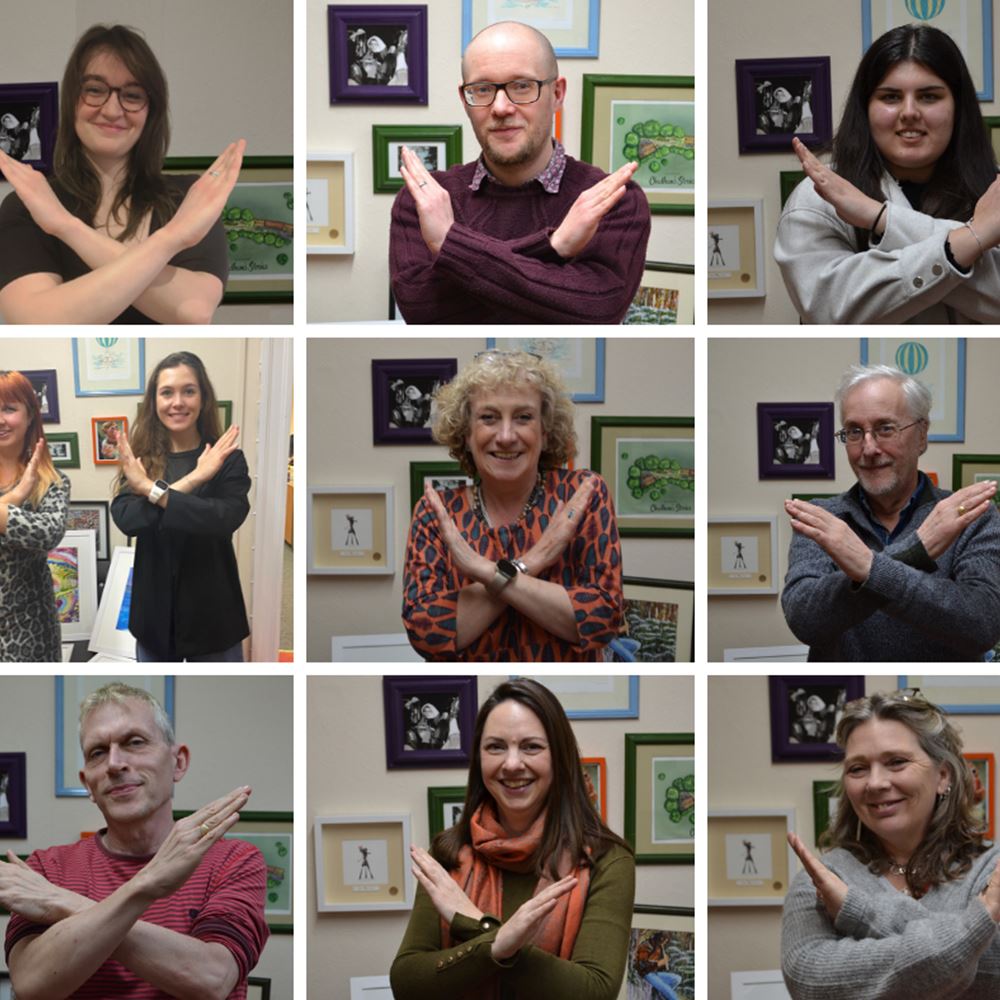
You've been added to the mailing list.